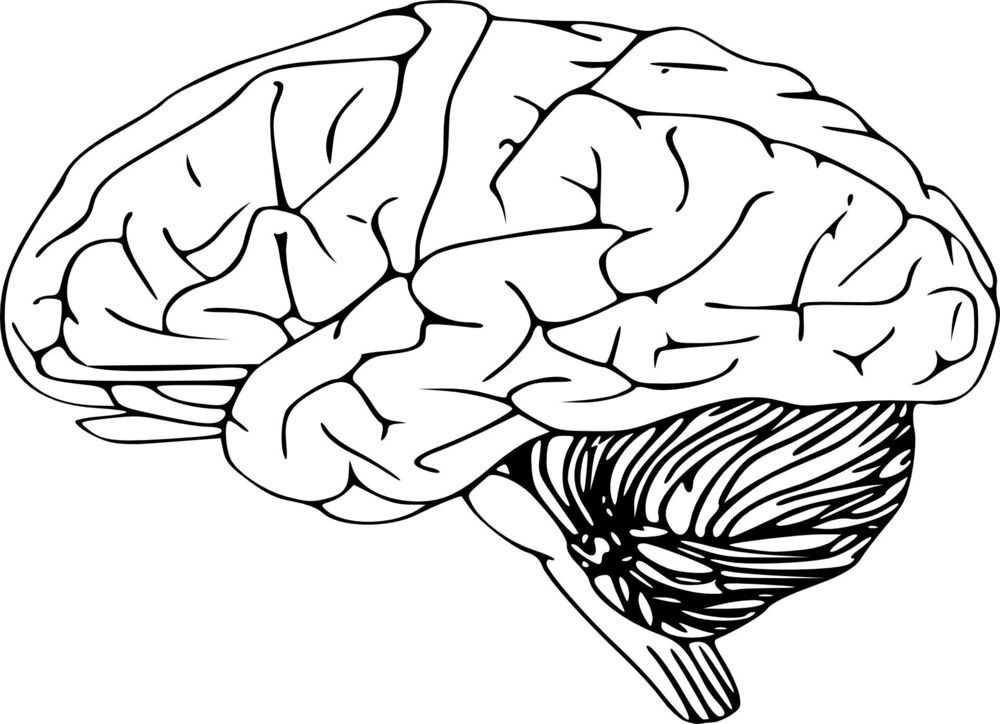

ADULT NEURAL STEM CELLS LICENSE
Distributed under a Creative Commons Attribution NonCommercial License 4.0 (CC BY-NC). Neural stem cells are defined by their ability to differentiate into the three major cell. Taken together, we provide the first evidence for a latent inflammatory potential of adult hippocampal neural progenitors and identify Tcf4 as a critical regulator that facilitates adult neurogenesis via proactive suppression of this detrimental potential.Ĭopyright © 2021 The Authors, some rights reserved exclusive licensee American Association for the Advancement of Science. To generate olfactory bulb interneurons in the adult brain, quiescent ventricle-contacting neural stem cells (qNSCs) transit to an active state (aNSCs) 1, 7, 8 to produce neurogenic. Following expansion of adult neuronal stem cells in vitro.

Thus, on one hand, Tcf4 deletion causes abrogation of proliferative progenitors leading to reduction of adult neurogenesis, while on the other, their accompanying inflammatory transformation inflicts inflammation in the niche. In adults, these cells enter a dormant state. These multipotent adult stem cells generate the. The vasculature is emerging as an important component of stem cell niches. Thus, compared to mature granule cells, approximately four-week-old neurons have similarly robust excitatory drive, but only (weak) dendritic inhibition and. Collectively, these data emphasize an important postnatal role for the cells of the central canal region. Human Neural Stem Cells (HNSC) are self-renewing, generated throughout an adults life via neurogenesis. This transformation abolishes their differentiation potential and causes production of detrimental factors that adversely affect niche cells, causing inflammation in the dentate gyrus. Stem cells reside in specialized niches that regulate their self-renewal and differentiation. One hallmark of adult neurogenesis is its adaptability to environmental influences. A, Global view of the adult rodent brain that depicts (in gray) the regions within which continuous neurogenesis occurs throughout adulthood, namely the olfactory bulb (OB) and the hippocampus (H). Deletion of Tcf4 in hippocampal nestin-expressing progenitors causes loss of proliferative capacity and acquisition of myeloid inflammatory properties. Here, we demonstrate that the adult hippocampal neural progenitors harbor an inflammatory potential that is proactively suppressed by transcription factor 4 ( Tcf4). This line focuses on the study of intrinsic and extrinsic factors that regulate the quiescence-proliferation switch and the mode of division of mammalian adult. Inflammation is known to adversely affect adult neurogenesis, wherein the source of inflammation is largely thought to be extraneous to the neurogenic niche.


 0 kommentar(er)
0 kommentar(er)
